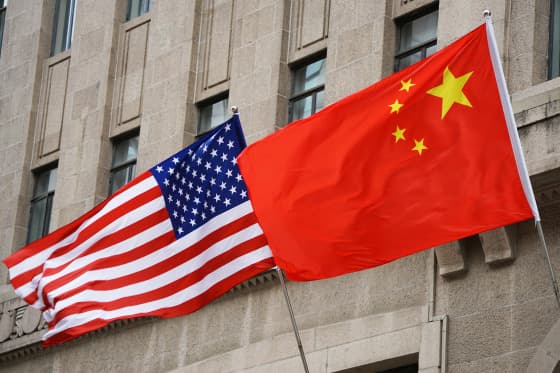US House Delegation Embarks on First China Visit in Six Years Amid Deepening Tensions

A bipartisan delegation from the U.S. House of Representatives is making an official trip to China this month, marking the first such visit by House members since 2019. The delegation, organized by Representative Adam Smith (D-WA), the ranking Democrat on the House Armed Services Committee, aims to re-establish crucial lines of communication between Washington and Beijing. This diplomatic outreach comes amidst significantly strained relations between the two global powers.
The primary objective of the visit is to foster dialogue and address mounting differences. Representative Smith articulated the urgency of this engagement, stating: > "I am deeply worried that China is a major rising power that we seem to be talking less and less to. We need to figure out a way to resolve our differences." The delegation has formally requested a meeting with Chinese President Xi Jinping, underscoring the high-level nature of their diplomatic efforts.
This trip unfolds against a backdrop of escalating geopolitical complexities. It follows closely on the heels of a prominent military parade in Tiananmen Square, where leaders from China, Russia, and North Korea convened in a show of solidarity. Current U.S.-China relations are fraught with tensions spanning various critical areas, including ongoing trade disputes, technological competition, cybersecurity concerns, and human rights issues.
The itinerary for the delegation includes a stop in Cambodia, but notably excludes Taiwan. This deliberate omission signals a focused intent on direct engagement with Beijing on bilateral matters, rather than immediately addressing the highly sensitive Taiwan issue during this initial re-engagement. The visit represents a significant attempt to manage competition and prevent miscalculation in one of the world's most critical and complex bilateral relationships.
While the bipartisan nature of the delegation suggests a unified American approach, the path to resolving deep-seated differences remains challenging. The resumption of direct congressional dialogue is seen as a vital step towards fostering more stable and predictable U.S.-China relations, though substantial disagreements are expected to persist.